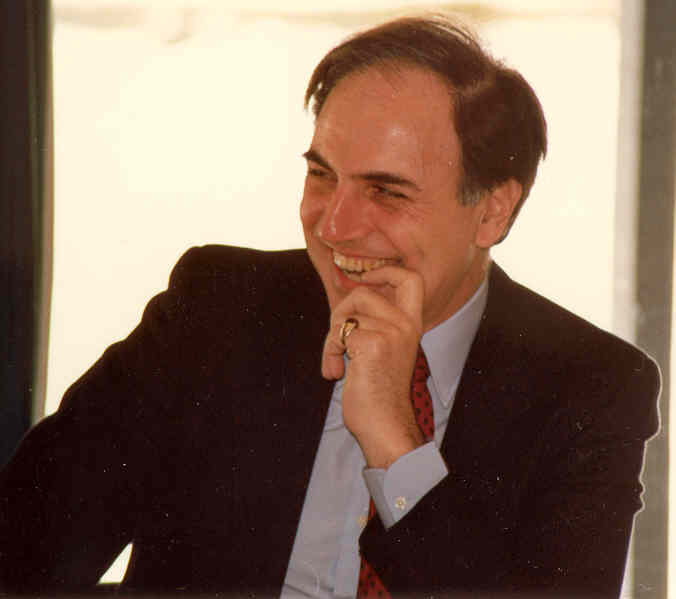The Jewish Humanist Volume 14, No. 1, September 1976
The traditional Rosh Hashanah was a frightening day. It was the Day of Judgment when the insignificance of man confronted the power of God. Helplessness, dependence and reverent awe were the moods of the season.
Everyone felt unworthy to be saved and pleaded to his sins. Feeling worthy was, in itself in the act of arrogance, in inappropriate hutspa, which was ironically self-destructive. God punished those who lacked humility.
The Rosh Hashanah game was amusingly sick. You had to look like a loser in order to be a winner.
A humanist Rosh Hashanah is a rejection of this mood. It refuses the posture of weak people who are trying to appease the strong. It resists the theater of dependency where helpless beggars plead for divine crumbs.
A humanist Rosh Hashanah affirms human dignity. It affirms human power. It regards human arrogance and Promethean hutspa as less dangerous than pious resignation and humble confessions of inadequacy.
This distinction is not trivial.
The old theology is not offensive. Theological beliefs are usually only the intellectual frosting on an emotional cake.
The old emotion is offensive. A sense of powerlessness can be justified in many ways. If you do not like Jewish, Christian or Muslim theology, you can try Buddhist mysticism. If Buddhism bothers you, astrology may please you. If astrology seems intellectually thin, then Marxist destiny may give your mood a sense of respectability.
What is disturbing about our present world is not the presence of silly theologies and simplistic sociologues. Weariness is a mood that intellectuals are paid to justify.
All observation is selective. Pessimists are especially adept at noticing pollution, war crime and hatred. They have great difficulty in viewing things in the long run. They romanticize the past. They enjoy their melancholy nostalgia.
The truth is that human beings are not helpless, bumbling victims of their own fates. They are also the conscious creators of happiness and beauty.
The truth is that, for most of the people of the world, the last century, despite all its horrors, is a vast improvement over any the preceded.
Optimism maybe less fashionable than being disbanded. It may even sound maudlin in poetry. But it sure is more attractive than guilt-ridden timid admissions of boredom.
Jews, if anybody, have the skills for justifying pessimism.
But we ought to avoid it. It doesn’t look good. And it’s bad for our health.

